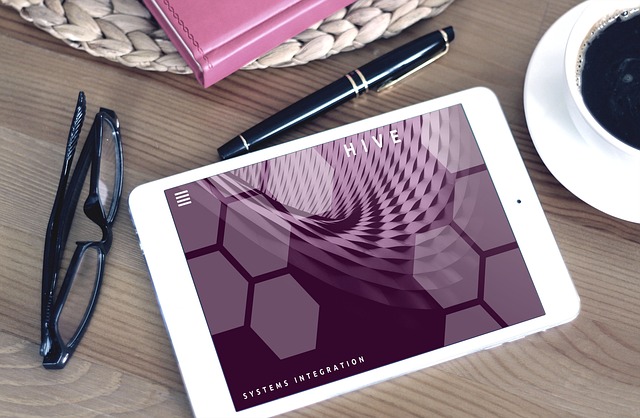AI governance frameworks are essential for businesses utilizing AI responsibly, offering structured navigation through development and deployment with a focus on ethics. These frameworks rely on specialized AI Google Review monitoring tools for continuous public sentiment analysis, issue identification, and user experience insights. Such monitoring empowers proactive concern resolution, builds trust, and maintains positive reputations in the digital era. By scanning data and algorithms for patterns indicative of biases, errors, or privacy breaches, these tools enhance transparency and accountability in AI governance, fostering continuous improvement and responsible innovation. Integrating AI Google Review monitoring tools into AI-driven businesses allows real-time customer feedback analysis, leading to enhanced operational refinement, increased customer satisfaction, and improved brand perception.
“In today’s digital landscape, Artificial Intelligence (AI) is revolutionizing businesses. This article delves into the crucial aspect of AI governance frameworks tailored for enterprises. We explore ‘Understanding AI Governance Frameworks for Business,’ highlighting their significance in managing AI risks. Subsequently, we discuss ‘The Role of Monitoring Tools’ in enhancing AI oversight and ensuring ethical practices. Furthermore, we present best practices and the integration of Google Reviews to optimize AI-driven business strategies.”
- Understanding AI Governance Frameworks for Business
- The Role of Monitoring Tools in AI Governance
- Best Practices and Google Review Integration for AI-Driven Businesses
Understanding AI Governance Frameworks for Business

AI governance frameworks are essential components for businesses aiming to harness the power of artificial intelligence while mitigating risks. These frameworks provide a structured approach to navigate the complex landscape of AI development and deployment, ensuring ethical and responsible practices. By establishing clear guidelines and policies, companies can manage data privacy, bias mitigation, transparency, and accountability associated with AI systems.
Effective AI governance involves regular monitoring using specialized tools, such as Google Review analysis platforms. These tools enable businesses to track public sentiment, identify potential issues, and gain insights into user experiences related to AI applications. Continuous monitoring facilitates proactive measures to address concerns, enhance trust, and maintain a positive reputation in the digital age.
The Role of Monitoring Tools in AI Governance

AI governance frameworks rely heavily on effective monitoring tools to ensure responsible and ethical development and deployment. Monitoring tools play a pivotal role in keeping pace with the dynamic nature of AI technologies, such as those that Google Review leverages. These tools help identify potential biases, errors, or unintended consequences within AI systems, enabling proactive measures to mitigate risks.
By continuously scanning data and algorithms, monitoring tools can detect patterns indicative of unfair practices, privacy breaches, or performance degradation. They facilitate the transparency and accountability essential for building public trust in AI technologies. Moreover, these tools empower stakeholders, including regulators, developers, and users, to navigate the complex landscape of AI governance, fostering a culture of continuous improvement and responsible innovation.
Best Practices and Google Review Integration for AI-Driven Businesses

In today’s digital era, AI-driven businesses are increasingly relying on customer feedback to refine and improve their operations. Integrating AI with Google Reviews offers a powerful synergy that can significantly enhance business governance frameworks. By leveraging AI algorithms and Google Review monitoring tools, companies can automatically analyze vast amounts of user feedback, identifying trends, sentiments, and areas for improvement in real-time. This proactive approach allows businesses to swiftly address customer concerns, thereby boosting satisfaction levels and fostering positive brand perception.
Best practices dictate that these integration strategies should be comprehensive, focusing on both automated data analysis and manual oversight. AI tools can categorize and summarize reviews, flagging critical issues or praise for further investigation. However, human intervention remains vital to ensure accuracy, interpret nuanced feedback, and make strategic decisions based on the insights derived from this process. Such a balance between automation and human expertise strengthens AI governance frameworks, ultimately driving business success in an increasingly competitive market.
AI governance frameworks are essential for businesses aiming to harness the power of AI while ensuring ethical and responsible practices. By implementing effective monitoring tools and integrating best practices, companies can enhance their AI-driven strategies. Utilizing AI to manage and analyze customer feedback through Google Reviews offers a powerful way to navigate the evolving landscape of AI governance, enabling businesses to make data-driven decisions and stay ahead in the market.
